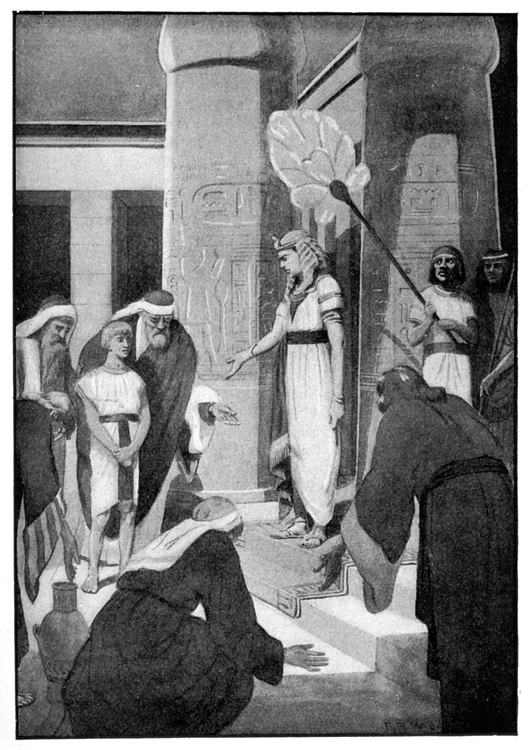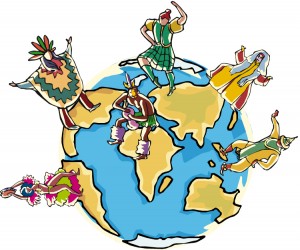Genesis 44:18, And Judah came near. What is the spiritual prophetic significance of Judah initiating the approaching of Joseph? Remember who the descendants of Judah became? The Jews became the Southern Kingdom of Israel, and Joseph’s sons Ephraim and Manasseh became the Northern Kingdom or house of Israel and eventually the “lost sheep of the house of Israel.”
Prophetically-speaking, who is the most notable descendant of the tribe of Judah? (See Rev 5:5.). Did Yeshua, the Lion of the Tribe of Judah, seek you or did you seek him when you were lost? (See Rom 5:8; Luke 19:10; Matt 18:11.)
Why is Judah coming near to Joseph (who he does not yet recognize as Joseph)? What were Judah’s heart motives in coming near? (See Gen 44:18–34). Was Yeshua motivated to come near to us out of love for his Father as well? (See John 8:28; chapter 17.)
Did Judah offer to lay down his life as a ransom for his youngest brother? (See Gen 44:33.) Who does this point to prophetically? Who else freely gave his life as a substitute for his brothers? (See Mark 10:45; Matt 20:28; 1 Tim 2:5; John 10:11, 15, 17–18; 1 John 3:16.)
- Please note that Judah is an antetype (prophetic forerunner) of Yeshua the Messiah.
- Both sought to please their fathers.
- Both acted out of unconditional love for their younger brother.
- Both stood to gain nothing personally, but rather stood to lose much, if their plan did not work. Judah, a prince, would become a slave in Egypt; Yeshua would become a slave to death and hell, if he sinned.
It is interesting to note that classic Christian commentator Matthew Henry draws a similar analogy between Judah’s actions here and Messiah Yeshua, as well (A Commentary On the Whole Bible, vol. 1, p. 243, by Matthew Henry).
Judah’s love for his father and Benjamin and his willingness to lay down his life as a ransom to become a slave in Egypt to Joseph is analogous to Messiah Yeshua’s love for the lost sheep of the house of Israel to whom he came to reach out and to ransom in order to bring them back into the fold of Israel (John 10:15–16; Matt 10:6; 15:24).
What was the burden on the Apostle Paul’s heart in this regard? (Read Romans 9:1–5.) Who does Paul later go on to talk about and extend his heart burden to in Romans 9:23–24? Remember that the term Gentile simply means “ethnic or people groups, or the people of the nations.” Who is Paul specifically referring to here? Paul had the same intense love for his Jewish brethren as he did for those “people groups of the nations” whom he equates with the lost, adulterous and apostate house of Israel (the Northern Kingdom of the ten tribes of Israel). Compare Romans 9:25 with Hosea 2:23 (the former being a direct quote from the latter) in context with the whole book of Hosea, which is addressed particularly to the apostate house of Israel and who had become “lost” among the nations, of which Joseph in Egypt is a prophetic antetype.





